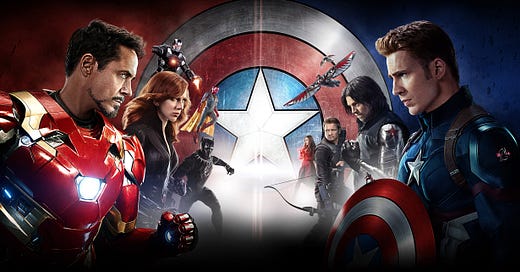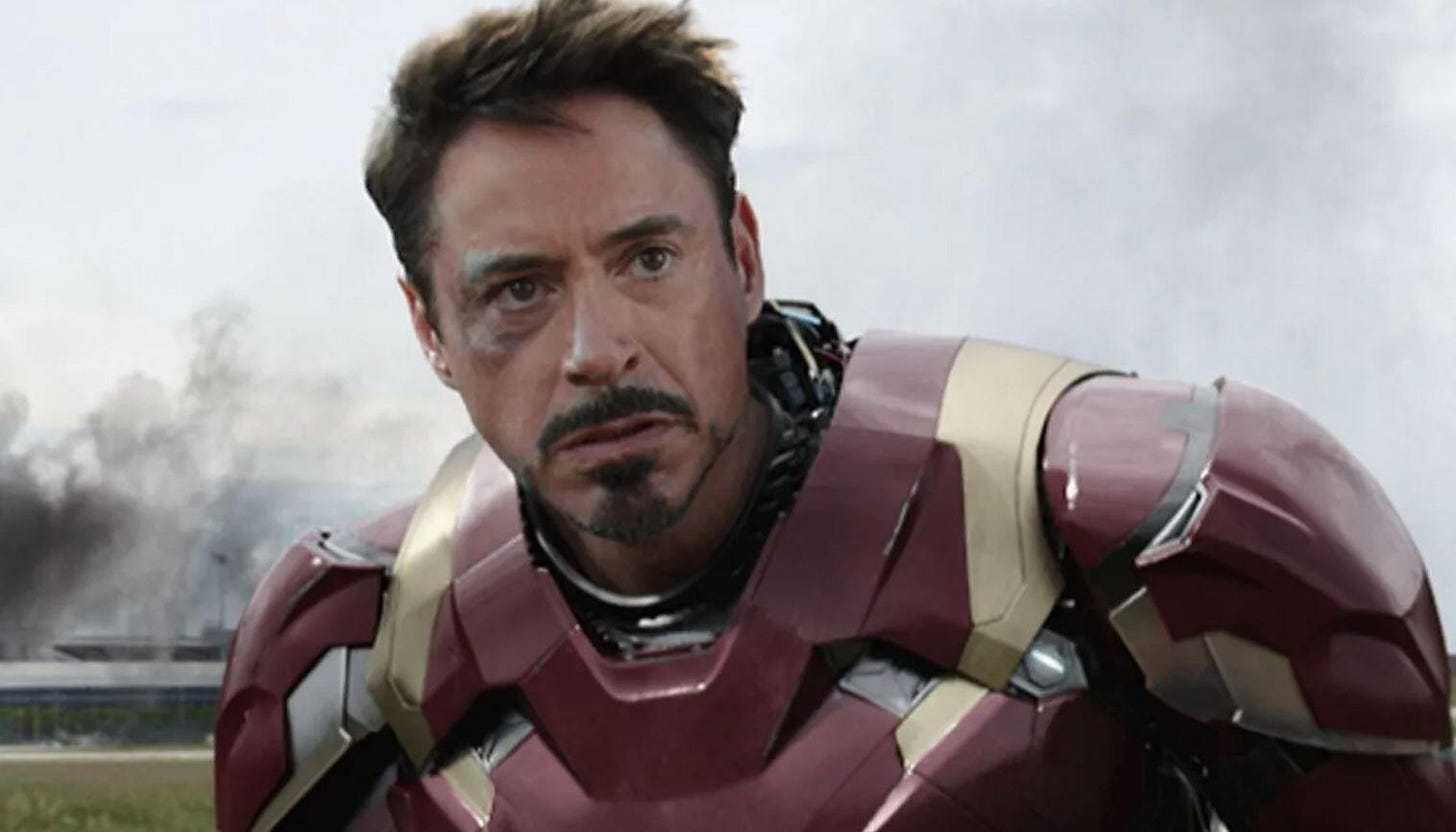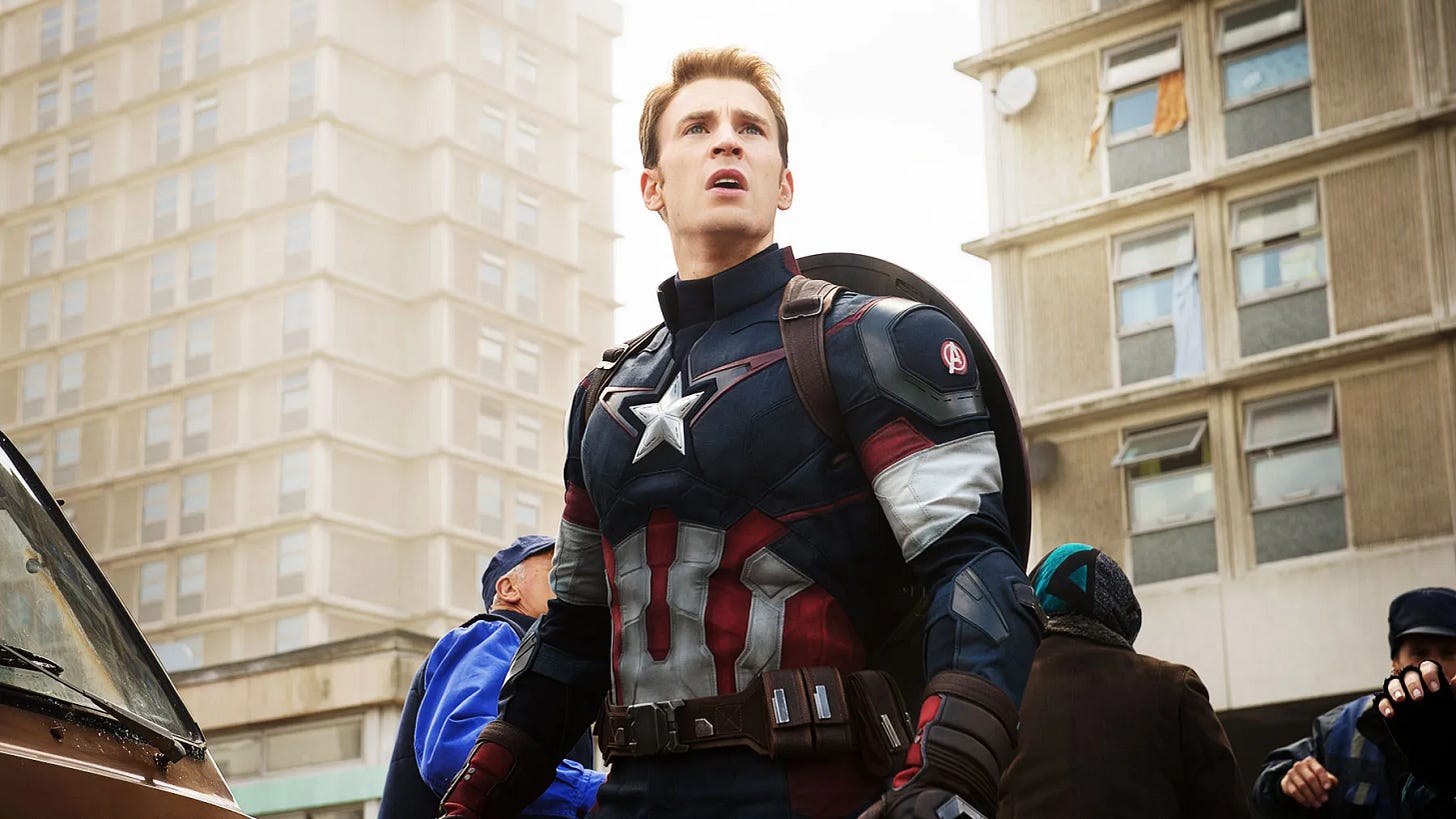In my opinion, the Marvel Cinematic Universe peaked between 2016 and 2019. There were mediocre films during Phase Three, but also some of the best superhero movies ever produced in quick succession. Think Black Panther, Guardians of the Galaxy Vol. 2, Thor: Ragnarok, and of course, Avengers: Infinity War and Endgame. I don’t think superhero cinema has ever achieved that level of popularity before or since.
Captain America: Civil War captures everything I love about this era. It has humor, but not so much that it overshadows the serious moments. It tackles interesting themes and does not ram a message down your throat. Rather, it provokes thought — more so than any other MCU film.
The main conflict is between Tony Stark and Steve Rogers, on the subject of the Sokovia Accords. Ostensibly in the name of collateral damage reduction, this piece of legislation intended to put the Avengers under the direct control of the United Nations. Tony is in support of this, and Steve is against it.
So who is right?
Note: this article contains spoilers for the 2016 film Captain America: Civil War.
Tony Stark
Tony has two major motivations for supporting the Accords. The first is guilt: he holds himself responsible for the creation of Ultron and all the deaths that he caused. The promise of lesser collateral damage is appealing to him.
The second motivation is that he has the most to lose out of all of the Avengers. He can’t simply go on the run like Cap can. That would mean the destruction of Stark Enterprises and an end to all of the good that it does. He realizes that the Accords are going to happen whether they like it or not, and thinks that agreeing will give them some degree of control.
Tony is thinking of the bigger picture. Ever since the first Avengers movie, when he saw Thanos’s alien armada, every action he has taken has been to fight it. He knows that the Avengers need to be at full power to win, and if that means bending to the government, he is willing to do so.
Steve Rogers
A major misconception is that Cap is fighting the Accords only for the sake of his friend Bucky. This could not be further from the truth: however, his motivation does stem from Captain America: The Winter Soldier. Despite trying the government and S.H.I.E.L.D. just as he had done during the Second World War, he discovers the institutional corruption in both. This leads him to become disillusioned with government institutions and their desire to make the world better.
Steve is looking at the smaller details - all the situations where the Avengers have done good. He worried that they will not have the autonomy to do that good if they are being controlled by an external force with an agenda that may not always put the lives of people first.
The Discussion
I’m just going to put this here because I think it’s the best piece of dialogue in the MCU, with the personality and motivations of all parties on full display. Enjoy.
Tony: Oh, that’s Charles Spencer, by the way. He’s a great kid… He decided to spend his summer building sustainable housing for the poor. Guess where, Sokovia. He wanted to make a difference, I suppose. I mean, we won't know because we dropped a building on him while we were kicking ass. There’s no decision-making process here. We need to be put in check. Whatever form that takes, I’m game. If we can’t accept limitations, we’re boundaryless, we’re no better than the bad guys.
Steve: Tony, if someone dies on your watch, you don’t give up.
Tony: Who said we’re giving up?
Steve: We are for not taking responsibility for our actions. This document just shifts the blame.
Rhodey: Sorry, Steve, that… that is dangerously arrogant. This is the United Nations we’re talking about. It’s not the World Security Council, it’s not S.H.I.E.L.D., it’s not HYDRA —
Steve: No, but it’s run by people with agendas. Agendas change —
Tony: That’s good. That’s why I’m here. When I realized what my weapons were capable of in the wrong hands, I shut it down, stopped manufacturing —
Steve: Tony, you chose to do that. If we sign this, we surrender our right to choose. What if this panel sends us somewhere we don’t think we should go? What if there’s somewhere we need to go, and they don’t let us? We may not be perfect, but the safest hands are still our own.
Tony: If we don’t do this now, it’s going to be done to us later. That’s the fact. That won’t be pretty.
Natasha: Maybe Tony’s right. If we have one hand on the wheel, we can still steer. if we take it off…
Sam: Aren’t you the same woman who told the government to kiss her ass a few years ago?
Natasha: I’m just reading the terrain. We have made some very public mistakes. We need to win their trust back.
Conclusion
You can make arguments for both sides. You could argue that the Avengers would have been able to face Thanos united, had the Sokovia Accords never happened. You could also argue that the reason they lost in Infinity War because they were fractured, fighting on multiple fronts. That’s the beauty of this movie — neither side is completely wrong. I think that is what makes it so compelling.







I love this film. It's one of my favourites of the MCU. And the thing I really appreciate is that it doesn't tell us who is right or who is wrong. We get the perspective of both sides and it makes us ask ourselves which side we would choose and why. It's what makes the story so compelling.
this is my fav MCU movie after infinity war...the only movie to properly explore the realistic political themes of having superheroes go rogue to "save humanity". i liked how both perspectives fit the characters, esp with Steve witnessing the rise of fascism during WW2 and being less trusting with the government